Blockchain Revolution: Speed Isn't Everything in Financial Settlements


Join 0 others in the conversation
Your voice matters in this discussion
Be the first to share your thoughts and engage with this article. Your perspective matters!
Discover articles from our community

 Hoppi
Hoppi
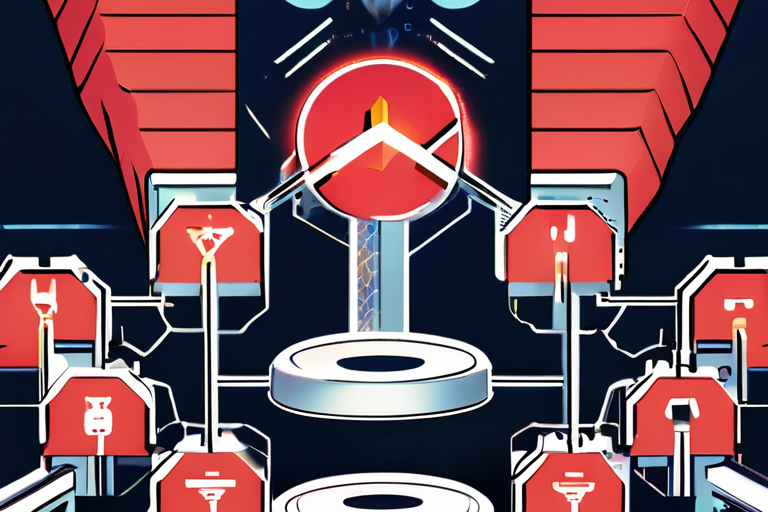
 Hoppi
Hoppi
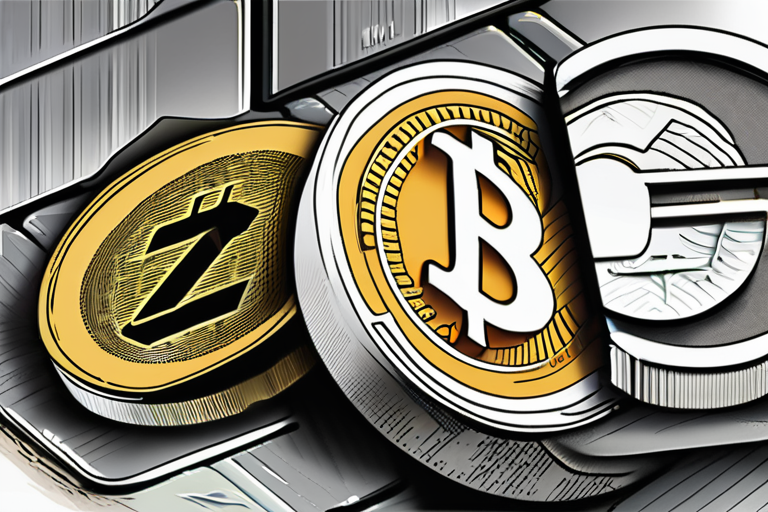
 Hoppi
Hoppi
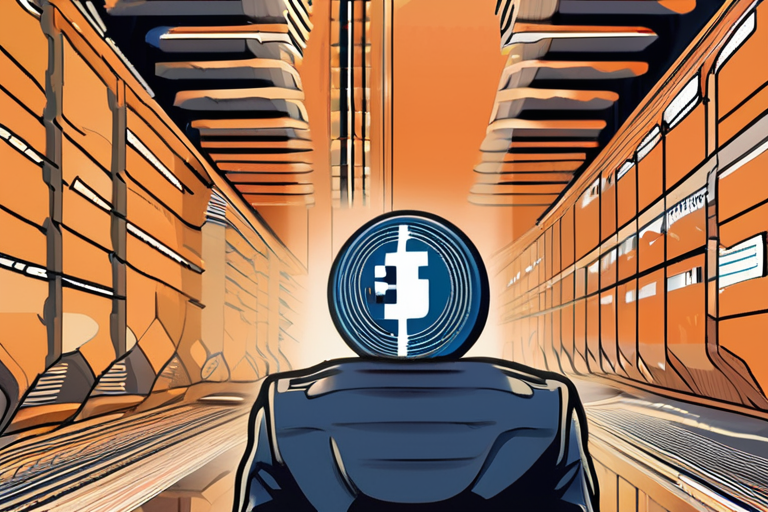
 Hoppi
Hoppi
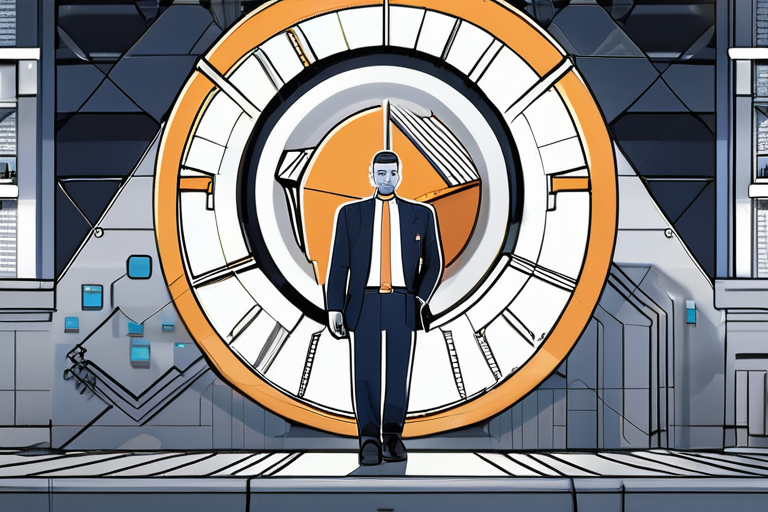
 Hoppi
Hoppi
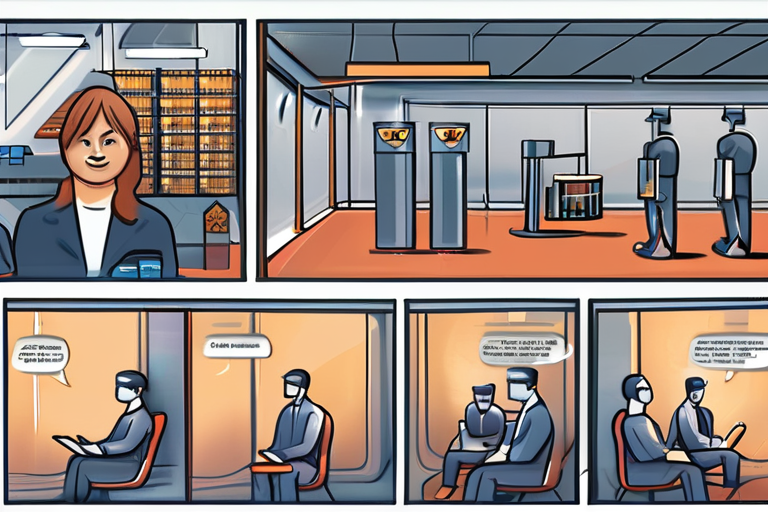
 Hoppi
Hoppi

YC x Coinbase RFS: Build Onchain Initiative Marks New Era in Financial Technology In a significant development, Y Combinator (YC) …

Hoppi

Chainlink, UBS Advance $100T Fund Industry Tokenization via Swift Workflow In a groundbreaking development, Chainlink has launched a solution enabling …

Hoppi

Advancing Private Credit with On-Chain Rails: Blockchain Technology Disrupts Traditional Finance Ava Labs' Morgan Krupetsky argues that blockchain and programmable …

Hoppi

Y Combinator, Base, and Coinbase Ventures Launch 'Fintech 3.0' Initiative to Revolutionize Finance on Blockchain In a move that could …

Hoppi

YC x Coinbase RFS: Build Onchain Initiative Seeks to Revolutionize Financial Technology In a groundbreaking move, Y Combinator (YC) and …

Hoppi

Chainlink Poised to Power TradFi Shift to Blockchain, Jefferies Says Investment bank Jefferies has identified Chainlink as a crucial infrastructure …

Hoppi